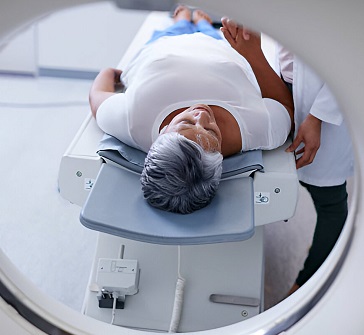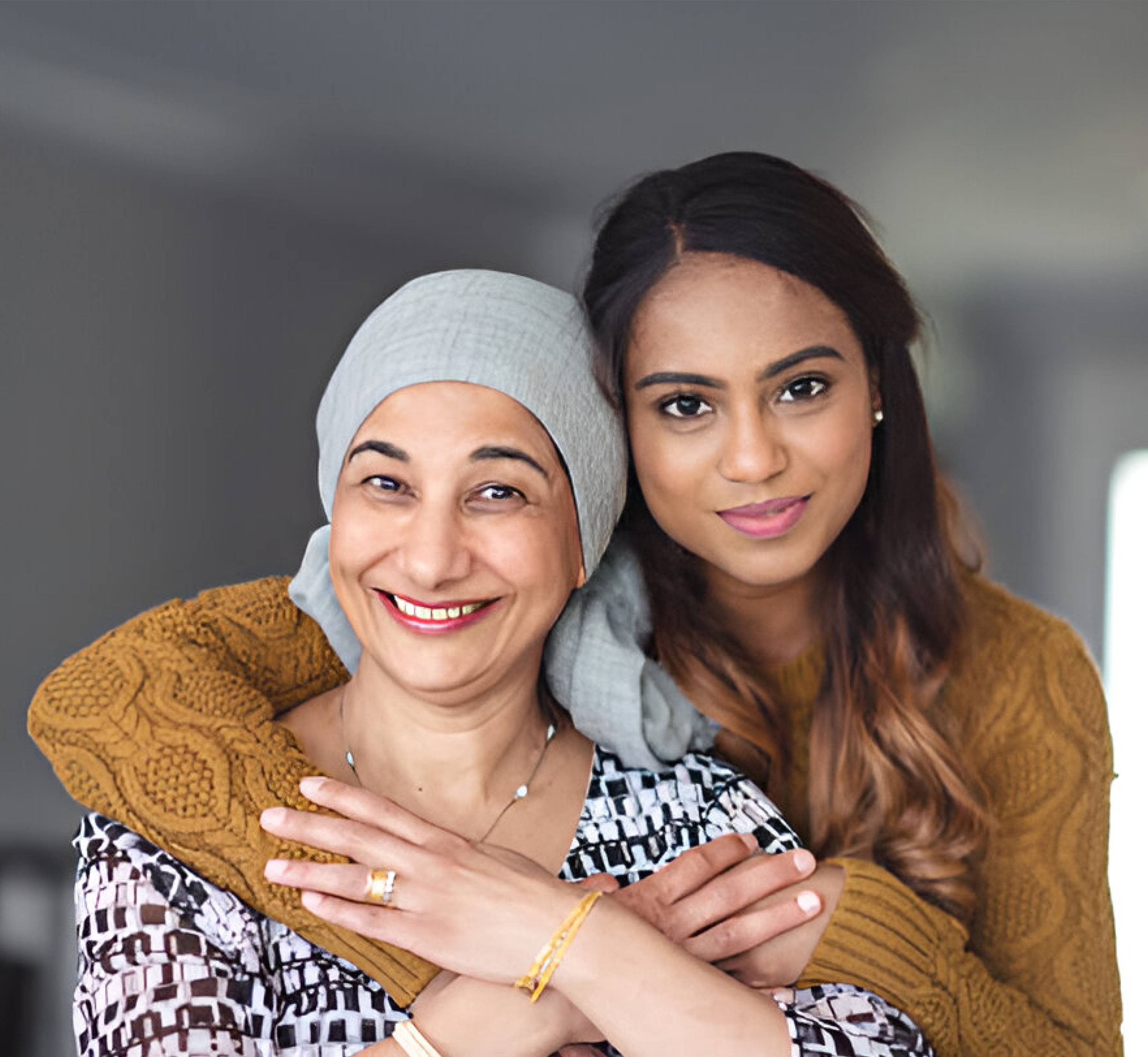 Book Appt.
Book Appt.
 Call Now
Call Now


Melanoma, often referred to as the deadliest form of skin cancer, arises from the uncontrolled growth of pigment-producing cells called melanocytes. While it accounts for a relatively small percentage of skin cancer cases, melanoma is responsible for a disproportionately high number of skin cancer-related deaths. Understanding its causes, risk factors, early detection, and treatment options is crucial for effectively managing this potentially life-threatening disease.
Types of Melanoma:
There are several subtypes of melanoma, each with distinct characteristics and growth patterns:
Superficial Spreading Melanoma: This is the most common type, characterized by irregularly shaped lesions with an asymmetrical appearance. It tends to spread superficially before penetrating deeper layers.
Nodular Melanoma: This type grows more rapidly and presents as a raised, dome-shaped bump. It often lacks the characteristic irregularities seen in other subtypes.
Lentigo Maligna Melanoma: Typically found in older adults, this subtype arises from sun-damaged skin and often appears as a flat, discolored patch.
Acral Lentiginous Melanoma: This form is less related to UV exposure and is commonly found on the palms, soles, or under the nails. It often appears as a dark spot or streak.
Amelanotic Melanoma: Unlike other melanomas, this subtype lacks the characteristic pigmentation, making it harder to detect visually.
Causes and Risk Factors:
The primary cause of melanoma is prolonged and excessive exposure to ultraviolet (UV) radiation from the sun or artificial sources like tanning beds. UV radiation can damage the DNA within skin cells, leading to genetic mutations that trigger uncontrolled cell growth and the development of melanoma.
Several risk factors increase the likelihood of developing melanoma:
Symptoms and Early Detection:
Early detection is paramount for effective treatment and survival in melanoma cases. Common signs and symptoms include:
Treatment Options:
Treatment for melanoma depends on the stage, location, and overall health of the individual. Common approaches include:
In conclusion, melanoma is a potentially lethal form of skin cancer, but early detection and appropriate treatment significantly improve outcomes. Understanding its causes, risk factors, and the importance of regular skin checks is essential for prevention and early intervention. By adopting sun-safe practices and promptly seeking medical attention for any suspicious changes on the skin, individuals can take proactive steps towards reducing their risk of melanoma and ensuring timely treatment if it does occur.
SHALBY Sanar International Hospitals provides extensive medical procedures backed up with our state-of-the-art technology and a team of highly qualified & experienced clinical experts.

Grade 2 Endometrium Cancer | Ms. Robiyakhon | Uzbekistan | Dr. Archit Pandit | SHALBY Sanar

Male Breast Cancer Recovery Story | Dr. Archit Pandit | Cameroon | SHALBY Sanar

Ms. Nafisa’s Inspiring Breast Cancer Recovery | Dr. Archit Pandit | Uzbekistan | SHALBY Sanar International Hospitals

Stage4 colon cancer is curable - Colon cancer with liver metastasis | Kenya | Dr Archit Pandit

Patient from Kenya Treated by Dr. Archit Pandit | SHALBY Sanar International Hospitals

Double Cancer Victory: Mrs. Salma Kapoor's Inspiring Recovery Story | Dr. Archit Pandit

Patient from Uzbekistan Treated by Dr. Archit Pandit | SHALBY Sanar International Hospitals

Patient from Uzbekistan Treated by Dr. Archit Pandit | SHALBY Sanar International Hospitals

Successful Carcinoma Buccal Mucosa Surgery of a Patient from Nigeria by Dr. Archit Pandit

Successful Colon Cancer Surgery of Mr. Faraidun Kaka Bra Amin Amin's from Iraq | Dr Archit Pandit

Miraculous Recovery of a patient from Uzbekistan battling Ovarian Cancer | Dr. Archit Pandit

Successful Cancer Detection & Surgery by Dr. Archit Pandit | SHALBY SHALBY Sanar International Hospitals

Successful Colon Cancer Treatment of a patient from Iraq by Dr Archit Pandit | Surgical Oncology

Successful Glottis Mass & Carcinoma Vocal Cord Treatment of a patient from Iraq by Dr Archit Pandit

Successful Stage 4 Colon Cancer Treatment of a patient from Kenya by Dr Archit Pandit

Surviving the Odds: 56-Year-Old's Journey with Recurrent Carcinoma Vocal Cord | Dr. Archit Pandit

Surviving Recto-Sigmoid Cancer: Mr. Syamand Ahmed's Inspiring Journey

Success Story: Iraqi Patient's Liver Tumour Treatment at SHALBY Sanar International Hospitals

Cytoreductive Surgery Success: Iraqi Patient's 30cm Ovarian Tumor Removed Safely

Beating Liver Cancer: Mr. Abdirashid's Inspiring Story

Ms. Nejood's Success Over Pancreatic Cancer: A Remarkable Journey

Transforming Smiles: Revolutionary Buccal Commando Procedure

Wide Local Excision Surgery & Microvascular Reconstruction of a Cancer patient

Successful Surgery of Esophgeal Cancer

Successful Lung Cancer Surgery of Ms. Jerioth Wanjiru from Kenya

Para Thyroidectomy on Pt Jawad Kadhim Tweli from Iraq

Dr Archit Pandit discusses the fascinating case of Geeta Rani
Our doctors pen down their research findings and experiences from time to time. Their words provide deep insight into the latest techniques, technologies and other advancements in healthcare. It provides expert answers to all kinds of health questions for real-life issues.
VIEW ALL




Since the day of its foundation, SHALBY Sanar International Hospitals is committed to provide comprehensive healthcare services. It regularly organizes awareness programs in its premises and encourages outdoor healthcare activities and camps with an intent to put focus on preventive healthcare.
VIEW ALL